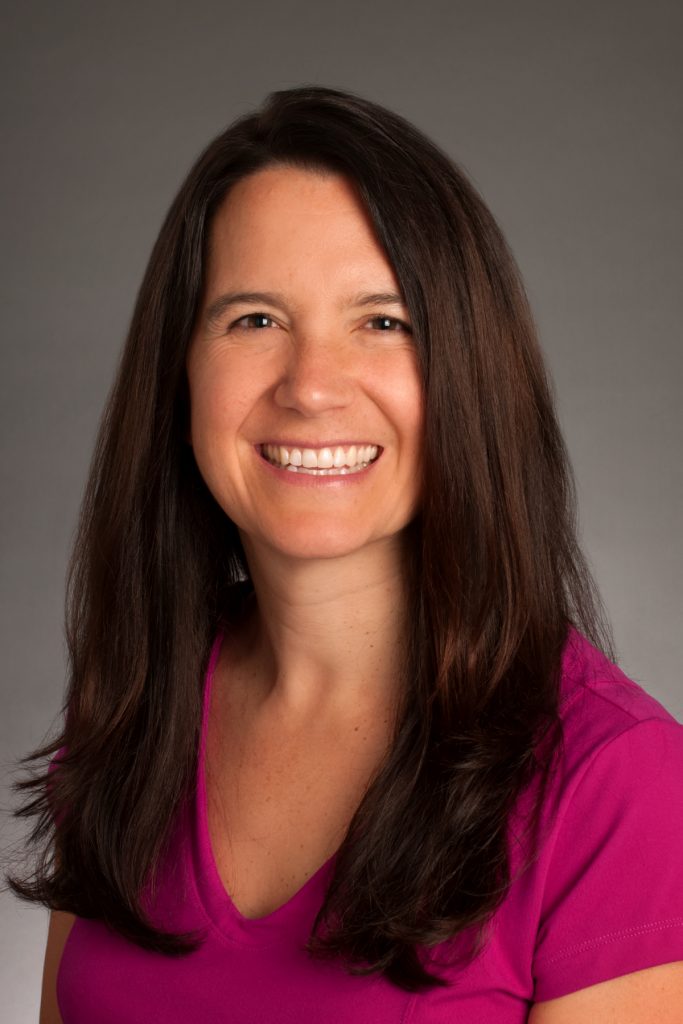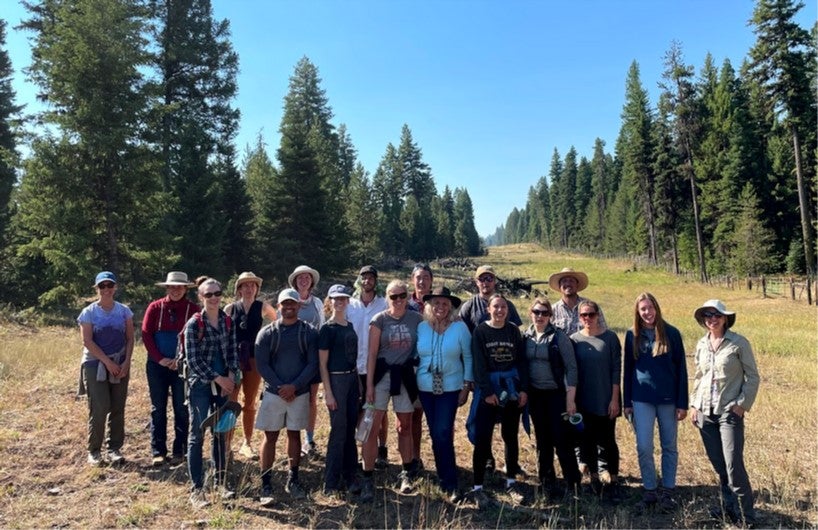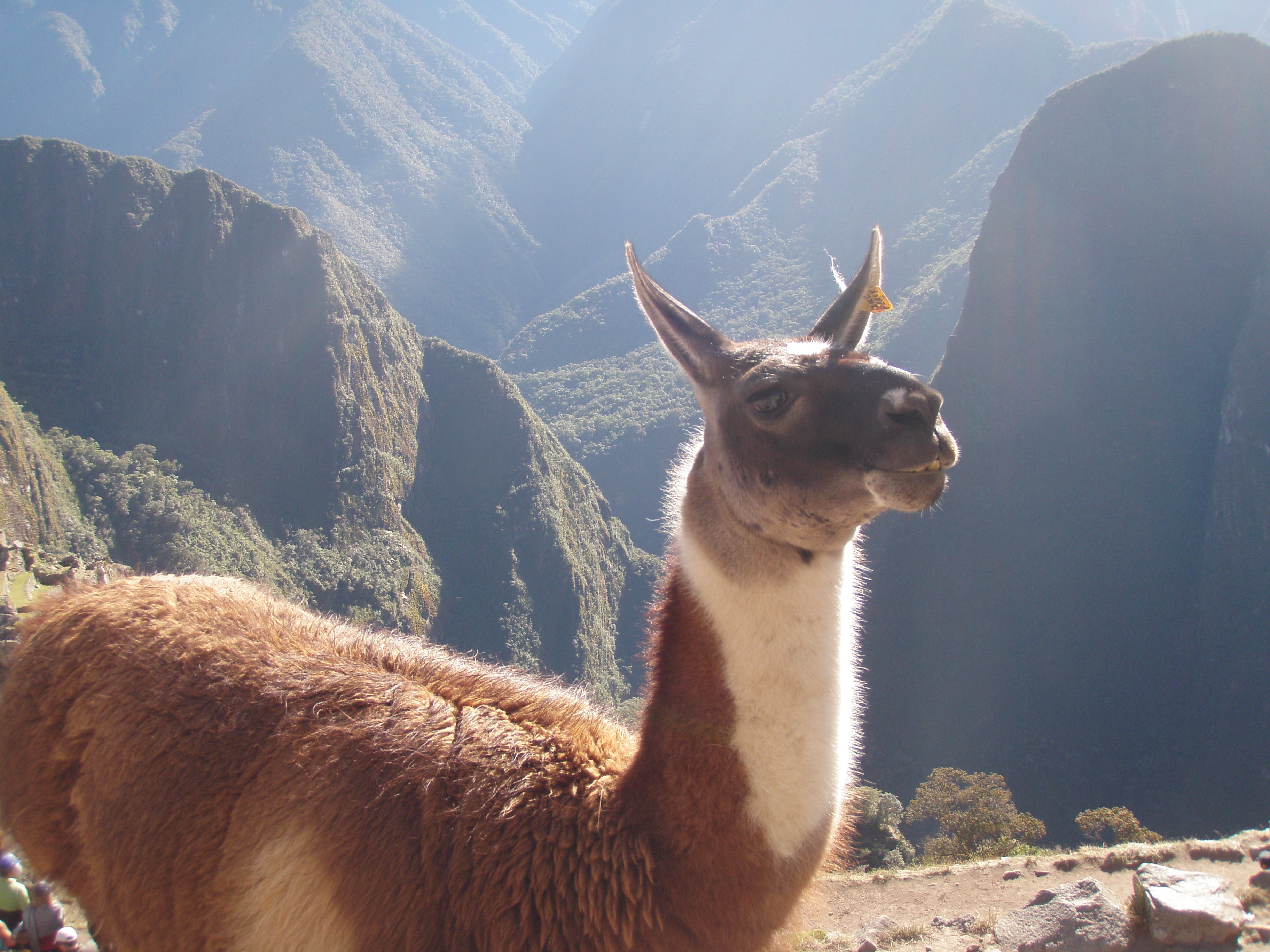
Emily Wakild is Professor of History and Environmental Studies, as well as the Cecil D. Andrus Endowed Chair for Environment and Public Lands in the School of Public Service. She earned her PhD in Latin American history from the University of Arizona in 2007 and joined the History Department at Boise State in 2012, moving to Environmental Studies in 2018 after a semester as a Visiting International Scholar at the Pontifical Catholic University of Chile, in Santiago. Since leading the ENVSTD program she has guided the curriculum towards problem-based learning principles and centered Idaho as place in core classes. She works to embed experiential learning components throughout the curriculum and in all of her courses. She regularly teaches ENVSTD 200 (Methods and Approaches) and ENVSTD 441 (Animals in Time and Space).

Dr. Wakild’s main academic research excavates documents, images, interviews, and fragments of the past to explain why and how large spaces for nature conservation emerged throughout the Americas. Her first book, Revolutionary Parks: Conservation, Social Justice, and Mexico’s National Parks, (University of Arizona Press, 2011) received awards from the Conference of Latin American History, the Forest History Society, and the Southeastern Council on Latin American Studies. With Michelle K. Berry, she published a Primer for Teaching Environmental History (Duke 2018) and co-edited and contributed to The Nature State: Rethinking the History of Conservation (Routledge 2017). Revolutionary Parks and the Primer for Teaching Environmental History have both been translated and published in Spanish as have many chapters and articles. Her most recent book, From Extinction to Biodiversity: How Conservation Translated Science in South America compares the construction of national parks in Patagonian spaces in Argentina and Chile and Amazonian landscapes of Peru and Brazil. It will be published soon. Her next project takes up the idea of a “llama diaspora” to explore the ways animal bodies and labor regimes and practices have circulated beyond the Andes.

Dr. Wakild’s work has been support by a Fulbright-Hays fellowship, National Endowment for the Humanities Grants, and a National Science Foundation Research Award. She received the inaugural School of Public Service “Commitment to Leadership Award” in 2021. Dr. Wakild is always eager to hear from students and community members! Stop by her office in ERB1143 or send her an email (emilywakild@boisestate.edu) or give her a call (208) 426-2549.
Books
Revolutionary Parks: Conservation, Social Justice, and Mexico’s National Parks, 1910–1940